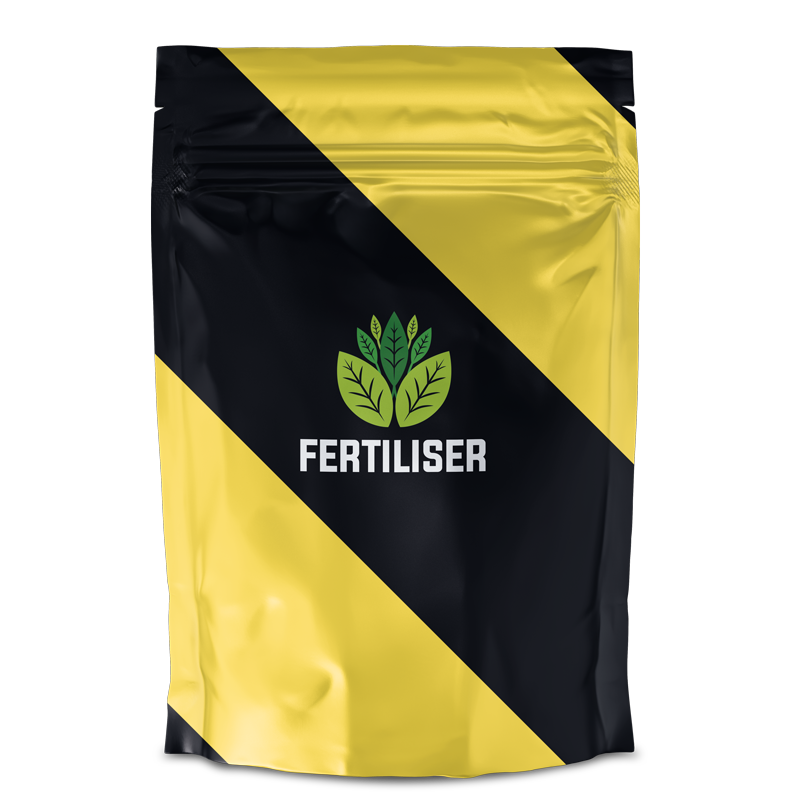Blog - Preparing your garden for spring? Beware of fertilisers, moss and weed killers.
Preparing your garden for spring? Beware of fertilisers, moss and weed killers.
Fertilisers, Moss and Weed killers.
It’s the time of year that many of us are enjoying a spot of gardening again. The warmer weather and increased daylight hours have injected new life into our gardens, but sadly this is often accompanied by the return of those pesky weeds. Before reaching for lawn fertilisers, weed and moss killers, it is important to consider the safety of using these products around our pets.
There are lots different chemicals used in herbicides which can be harmful to your pet. Common compounds include; glyphosate, surfactants (quaternary ammonium compounds, chlorophenoxy derivatives), fatty acids (pelargonic acid) and ferrous sulphate. In order to provide a convenient, multipurpose product, some manufacturers will include several active ingredients.
Your pet may be exposed through ingestion (eating treated grass or licking paws after walking on treated areas), inhalation (if sprays used) or through contact with their skin.
Signs of exposure include:
- Skin irritation
- Mouth ulcers
- Drooling and nausea
- Vomiting, diarrhoea and abdominal pain
- Lethargy and weakness
- Reduced appetite
- Tremors
What should I do?
If you witness (or even just suspect) your pet has ingested chemicals used in your garden, it is important to contact your vet straight away or call the Animal PoisonLine on 01202 509000. It is helpful to provide details of the product that you have used in order for your pet to be treated optimally – it is often useful for the vet if you can safely bring along the packaging of anyhting your pet has ingested.
Treatment of herbicide poisoning is supportive and most pets will make a full and rapid recovery. Prevention is better than cure, so it is advisable to try to avoid your pets coming into contact with these chemicals in the first place.
How can I reduce the risks to my pet?
Practical advice includes; manually removing weeds, using pet-safe products, making sure products are kept in a secure place that your pet cannot access, always follow the manufacturer’s instructions, wiping your pet’s paws when they come in from the garden and prevent them from eating grass or plants in the garden.
If you are concerned your pet might have been poisoned then either contact your vet or call the Animal PoisonLine on 01202 509000.
No Description
